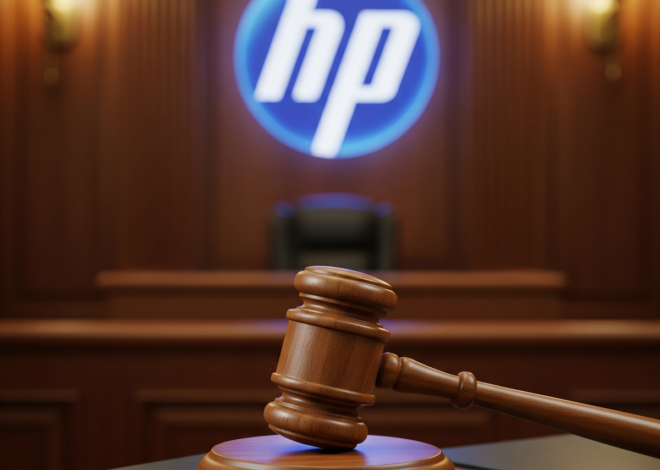
Microsoft Quietly Offers OneDrive-Free Future with This Windows 11 Change
- Microsoft is introducing a new PC-to-PC migration feature in Windows 11 that allows users to transfer files and settings locally without relying on OneDrive.
- While it requires a Microsoft account and has some limitations, like no app transfers or support for Arm-based PCs, it offers a more flexible upgrade path for users moving from Windows 10.
Microsoft is quietly preparing a major quality-of-life upgrade for Windows users: a PC-to-PC migration feature that allows users to transfer data and settings to a new Windows 11 deviceand in this case, without needing OneDrive. While not fully rolled out yet, the feature has been spotted in the latest Windows 11 update and is expected to go live soon, just in time for Windows 10’s approaching end of life.
Designed to simplify the upgrade process, especially for those moving from Windows 10 to Windows 11, the feature will let users transfer local files and personal settings directly between two devices. This provides a compelling alternative for users who haven’t backed up their data via the Windows Backup app or prefer not to rely on cloud storage.
To use the feature, both the old and new PCs must be on the same network, either via Ethernet or Wi-Fi, and signed into a Microsoft account. During the setup process of the new PC, users will be prompted to initiate migration using a one-time pairing code. From there, they can select which files and settings to move, ranging from documents and pictures to desktop themes and preferences.
However, there are limitations. The feature won’t transfer apps, system files, temporary files, or saved passwords. Additionally, it won’t work with BitLocker-encrypted drives unless they’re decrypted first, and Arm-based PCs aren’t supported yet—a curious omission given Microsoft’s push for Copilot+ Arm devices.
Still, this marks a significant shift for Microsoft. Historically, the company has emphasized cloud-first solutions like OneDrive. But this local migration feature reflects a growing recognition that not every user wants or needs to sync their data with the cloud. For many, it provides greater control, privacy, and speed—especially in environments with limited internet access or cloud storage concerns.
It’s also a practical response to the reality that many users upgrading to Windows 11 might not have configured backups ahead of time. While Microsoft still wants users to engage with its Windows Backup app—which offers a bonus year of Windows 10 support for those who do—this migration tool gives users another path with fewer strings attached.
Microsoft has not yet confirmed the official release date for the fully operational version of PC-to-PC migration, but with Windows 10 support ending soon and many users planning upgrades, the company is expected to roll it out broadly in the coming months.
In short, while not perfect, this new migration feature could signal a more flexible future for Windows upgrades—one where users are no longer locked into OneDrive and can move on their own terms.


